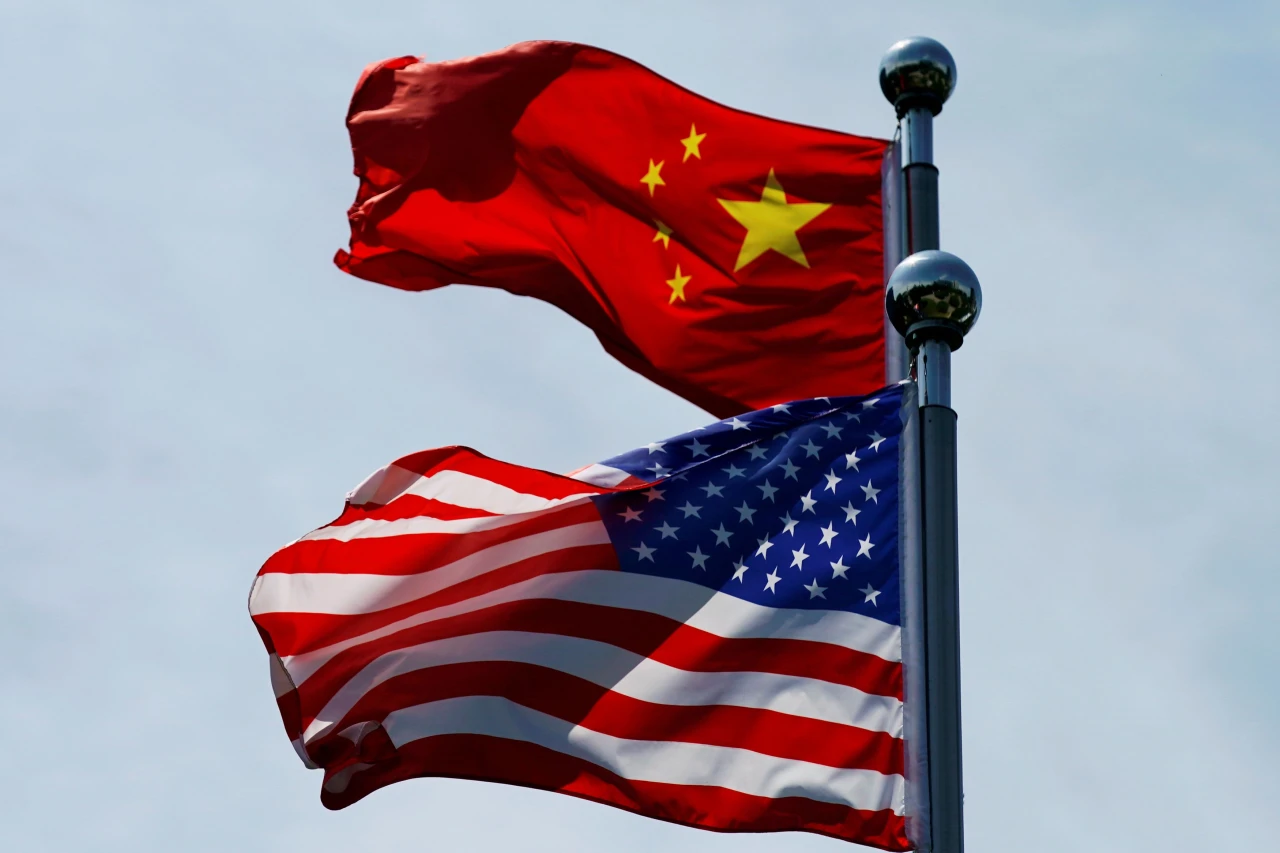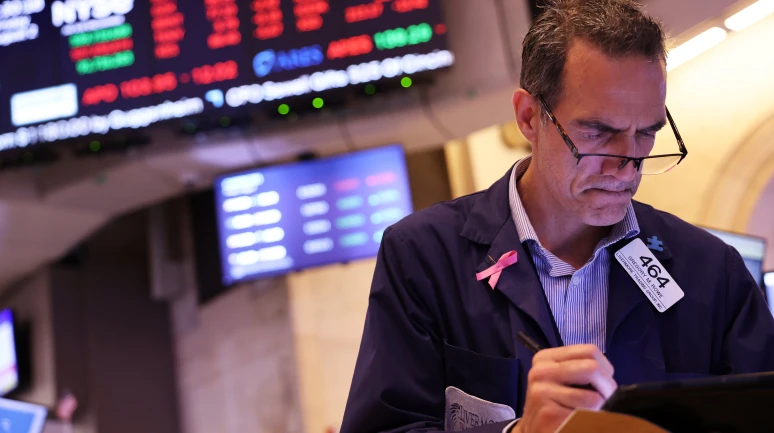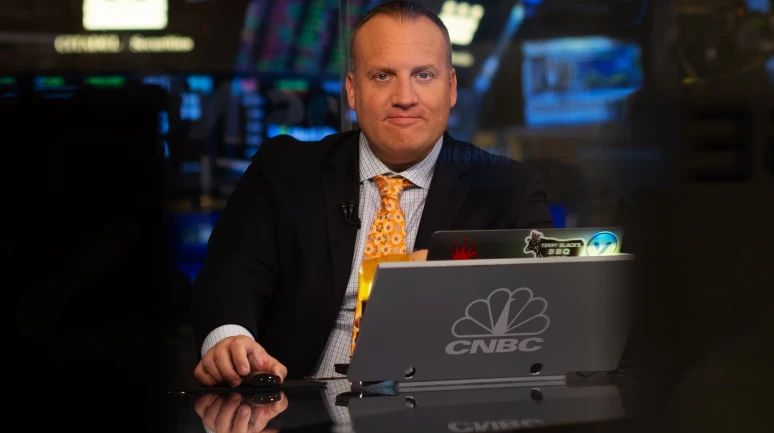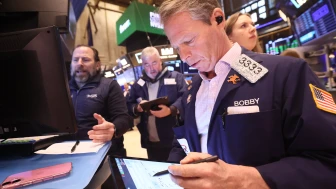This decision is seen as a retaliatory measure in response to the tariffs imposed by the U.S. on Chinese imports.
In addition to the tariff increase, China also revealed that it would be imposing restrictions on exports to 15 American companies. This move is expected to have significant implications for the affected companies, impacting their supply chains and potentially leading to higher costs for consumers.
The escalation of trade tensions between the world's two largest economies is causing uncertainty and volatility in global trade markets. Many fear that this latest development could further exacerbate the situation and lead to a full-blown trade war between the U.S. and China. Observers are closely watching how both countries will navigate this challenging period and whether they will be able to reach a resolution that benefits both sides.
Trade Wars Pose Risks of Retaliation, Says Investment Strategist
The congress is gearing up to commence its yearly gathering on Wednesday. Members from various sectors are expected to come together to discuss key issues and set agendas for the upcoming year. Stay tuned for updates on the outcomes and decisions made during the meeting.
Frederique Carrier, head of investment strategy at RBC Wealth Management, warned about the potential dangers of trade wars. She emphasized that trade disputes could lead to retaliation and further escalation, especially with countries like China, Canada, and Mexico facing tariffs.
Impact on Global Economy
Carrier expressed concerns about the widespread impact of trade conflicts on the global economy. As tensions rise and retaliatory measures are taken, the stability of international trade and financial markets could be significantly affected.
Market Volatility and Investor Confidence
The investment strategist also highlighted the issue of market volatility and its implications for investor confidence. Uncertainties stemming from trade tensions can lead to fluctuations in stock prices and overall market instability, influencing investors' decisions.
Long-Term Consequences of Protectionist Policies
Carrier underlined the long-term consequences of adopting protectionist policies in international trade. While such measures may offer short-term advantages, they can ultimately hinder economic growth, disrupt supply chains, and strain diplomatic relations between nations.
Strategies for Mitigating Risks
When discussing potential solutions, Carrier suggested that effective communication and negotiation between involved parties are crucial for mitigating risks associated with trade disputes. Developing clear strategies and seeking diplomatic resolutions could help prevent further escalation.

























